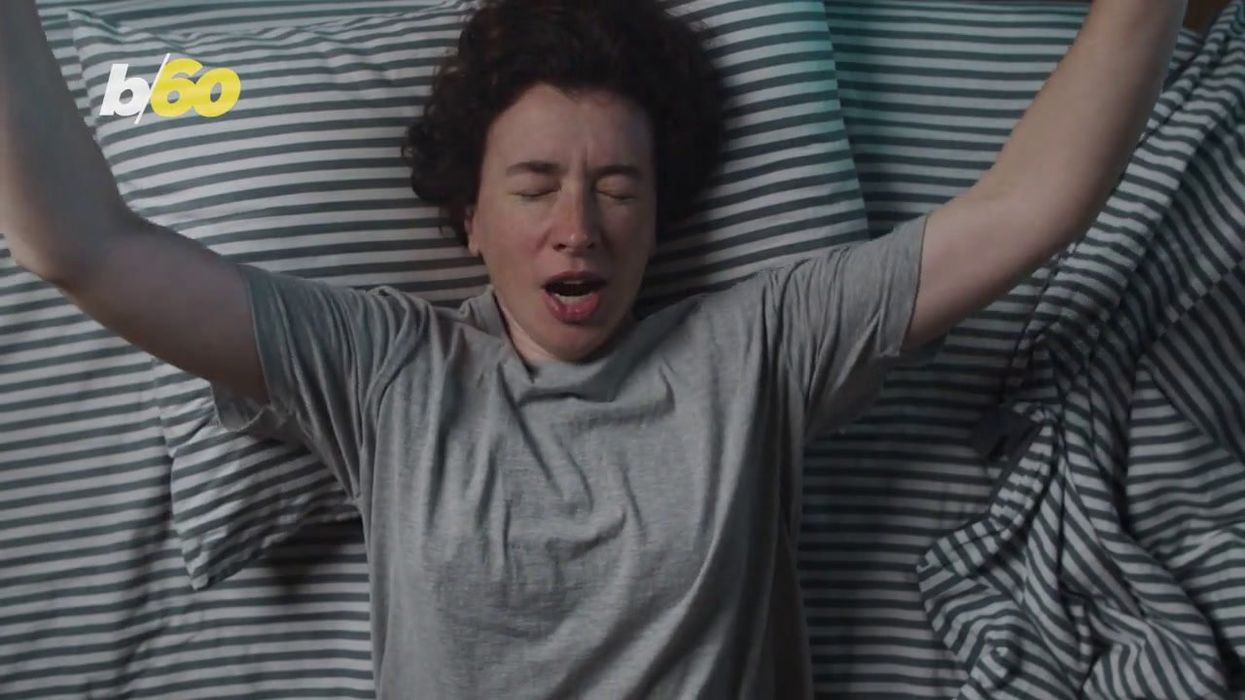Becca Monaghan
Jan 16, 2024
How To Avoid Wrinkles During Sleep With These Three Tips
ZMG - Buzz60 / VideoElephant
"Groundbreaking" new research has suggested that wrinkles may not entirely be a result of ageing, as we're often told.
A study from The Center for Microbiome Innovation at the University of California San Diego and L’Oréal Research suggested that wrinkles are tied to the skin microbiome, described as the "community of bacteria, fungi, and viruses — and some people include mites — that reside on and in our skin."
The study, published on Frontiers, looked at 13 studies of 650 females between the ages of 18 and 70 and discovered that crow's feet were linked to a larger variety of microbiome.
"Our skin also changes physiologically with age; for example, we gain wrinkles and our skin gets drier," author Se Jin Song, the CMI Director of Research, said. "But there is variation in what this looks like in people — you’ve probably noticed that there are some people who have younger- or older-looking skin than many others their age."
Song suggested that skin microbes can change "fairly predictably with age," however, researchers were able to connect microbes and the fine lines around the eyes as opposed to "those that are associated with simply age as a chronological number."
It's not all bad though. Participants with a more diverse microbiome were less likely to suffer moisture loss in the skin, the study suggested.
"By confirming a link between the microbiome and skin health, we’ve laid the groundwork for further studies that discover specific microbiome biomarkers related to skin ageing, and, one day, show how to modify them to generate novel and highly targeted recommendations for skin health," co-author Rob Knight, the CMI Faculty Director and Professor of Pediatrics, Bioengineering, Computer Science & Engineering and Data Science at UC San Diego, said.
L’Oréal North America’s head of advanced research, Qian Zheng, said the findings will help the company develop "products that meet the unique needs of each individual" in the future.
"This research is groundbreaking in identifying new microbial biomarkers linked to visible signs of ageing like crow’s feet wrinkles,” Zheng said. "It marks a significant step towards developing technologies for healthier, more youthful skin. We look forward to sharing new results as they become available, furthering the scientific community’s understanding and contributing to advancing new skincare solutions."
How to join the indy100's free WhatsApp channel
Sign up for our free Indy100 weekly newsletter
Have your say in our news democracy. Click the upvote icon at the top of the page to help raise this article through the indy100 rankings.
Top 100
The Conversation (0)














